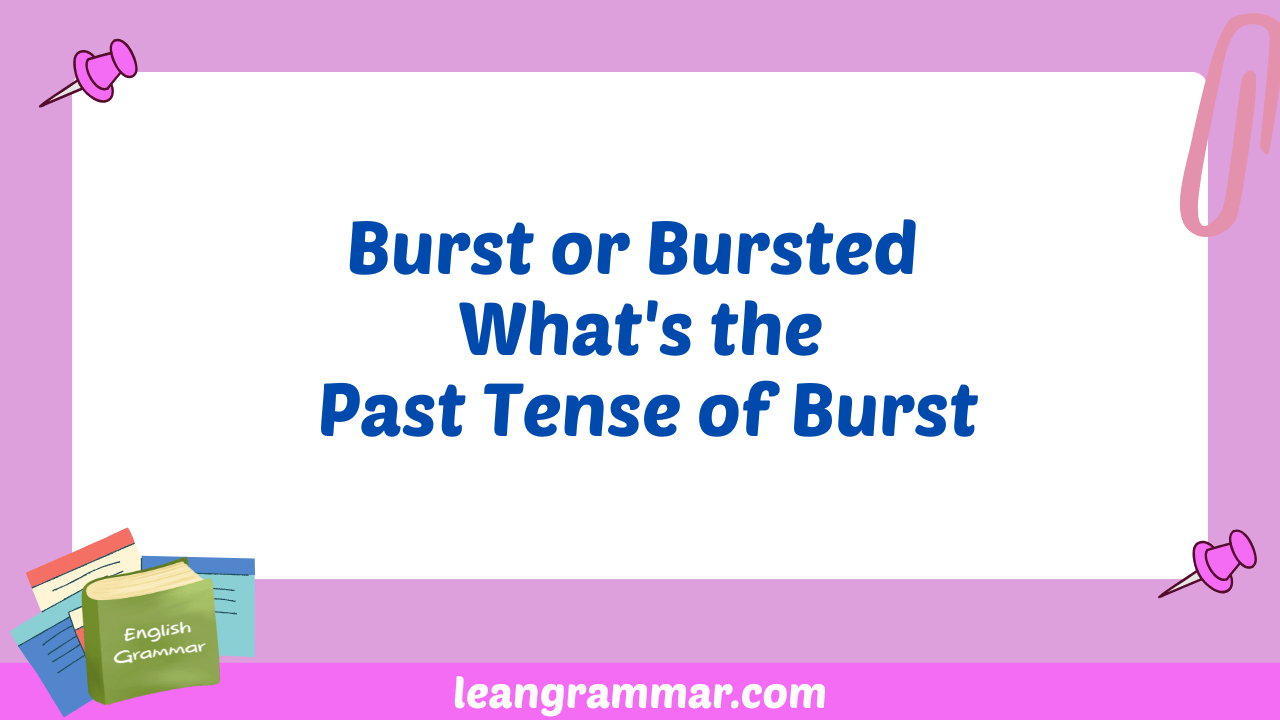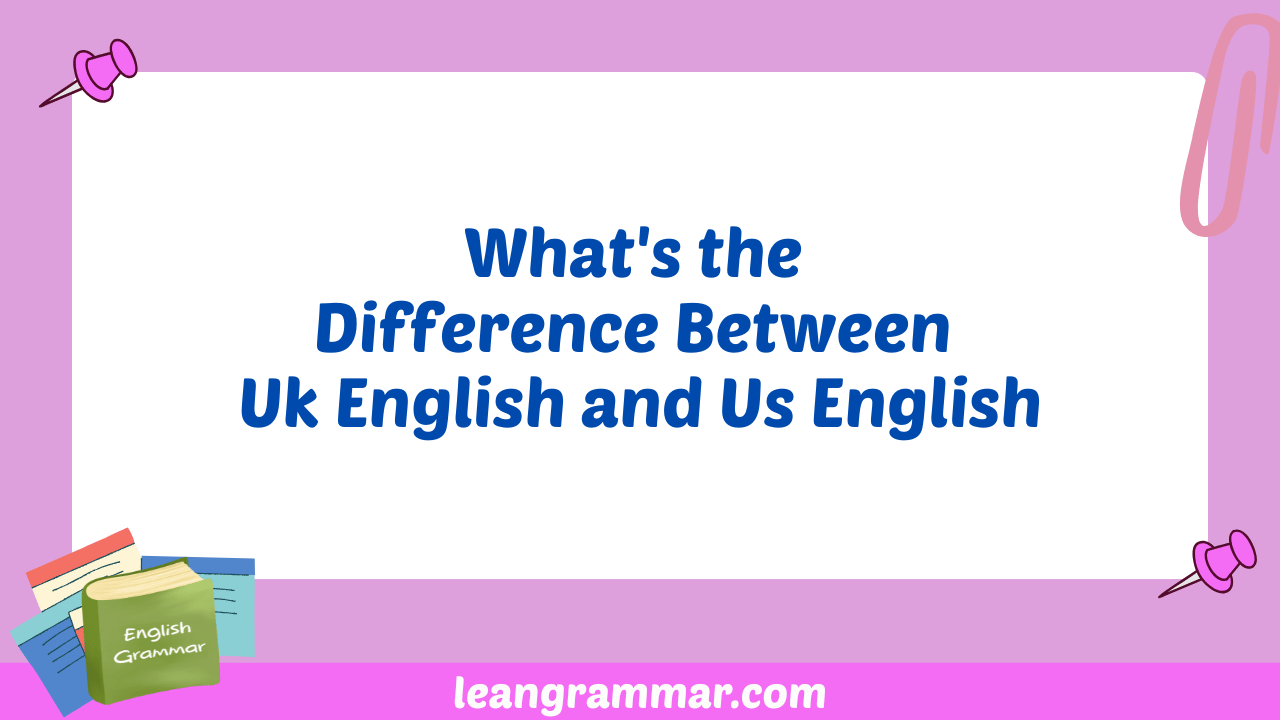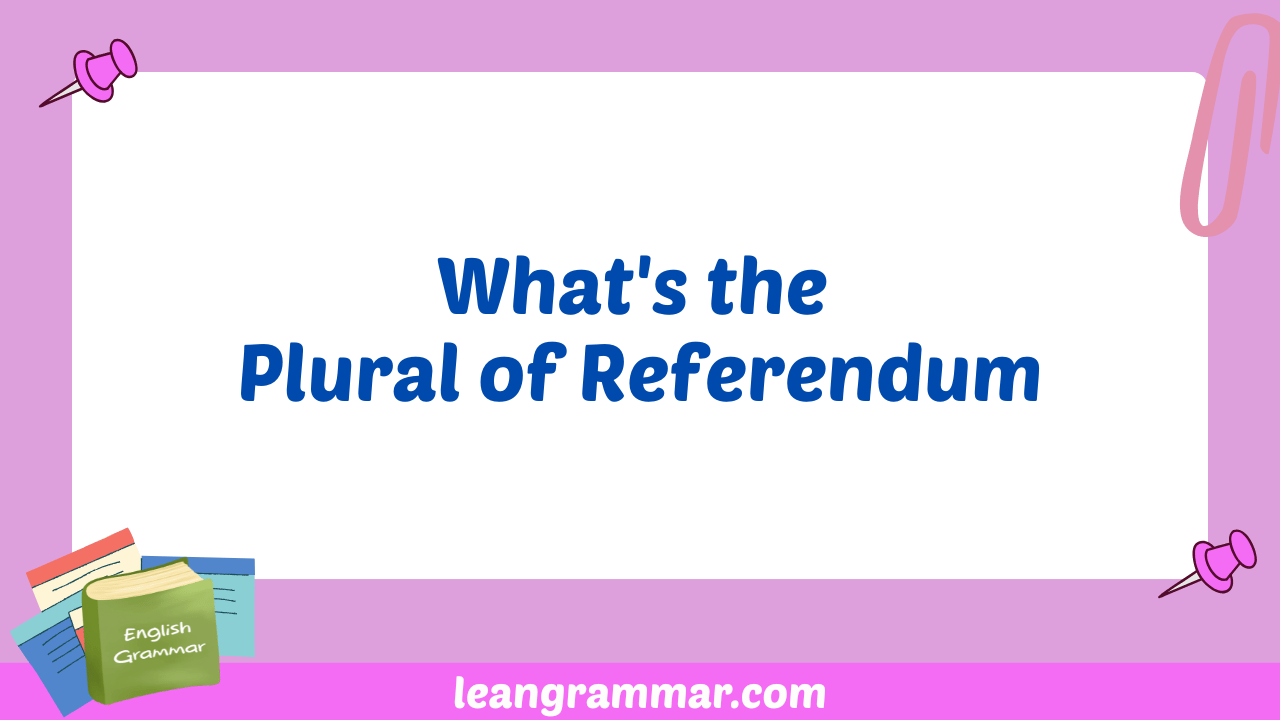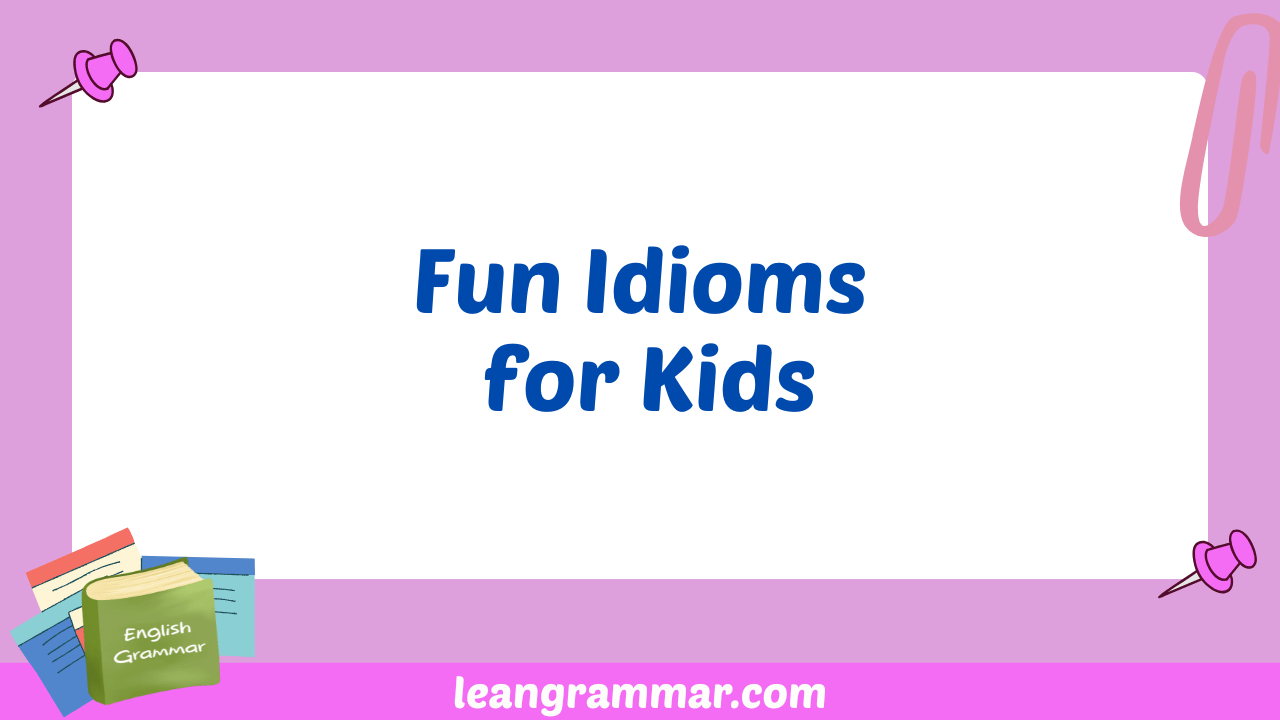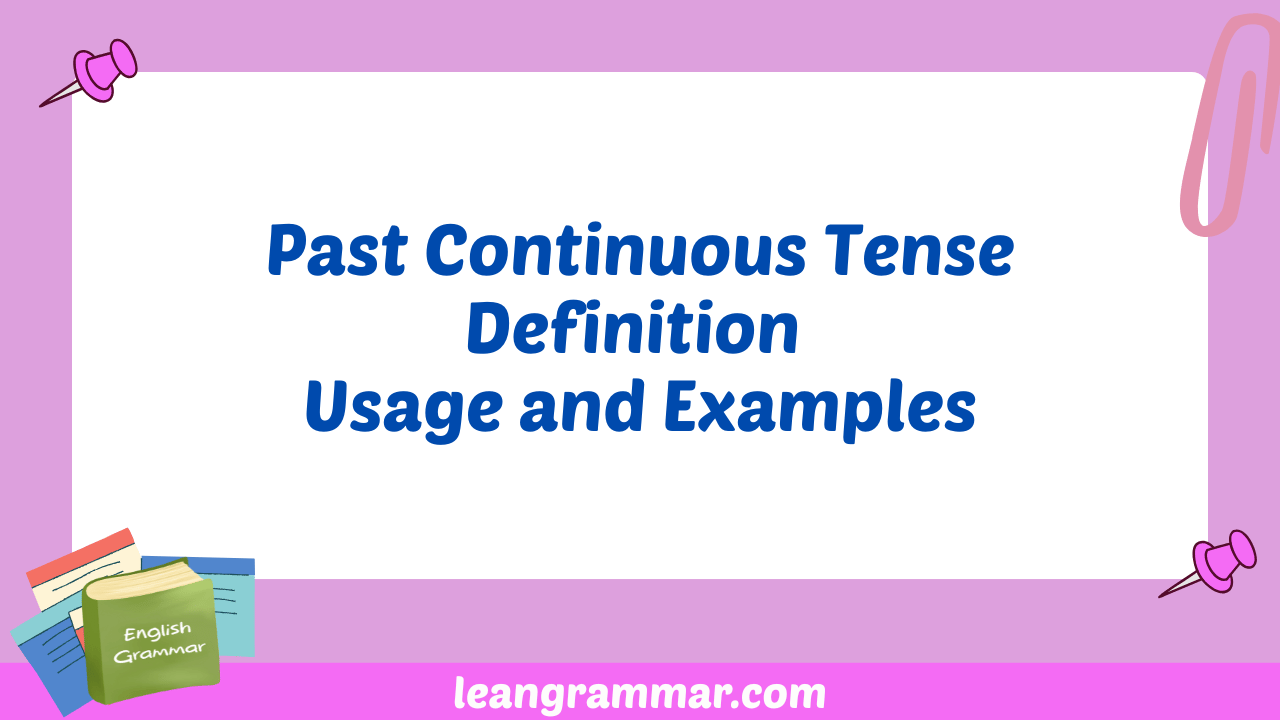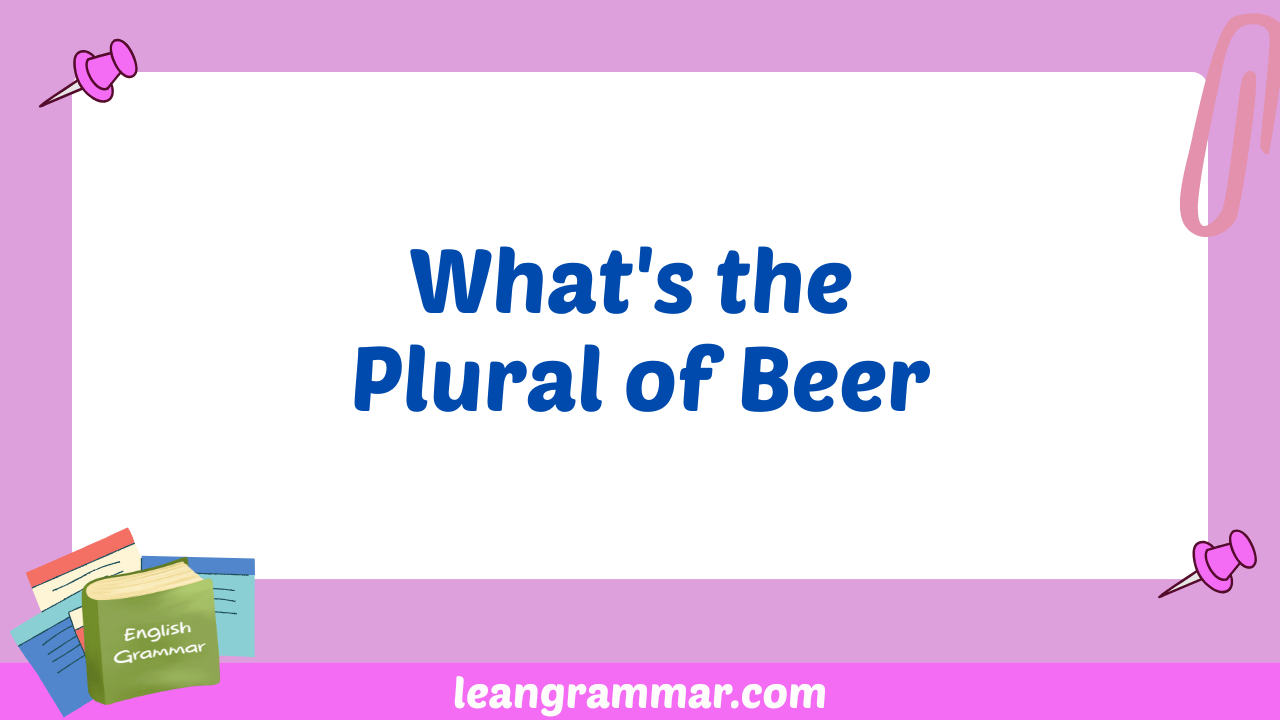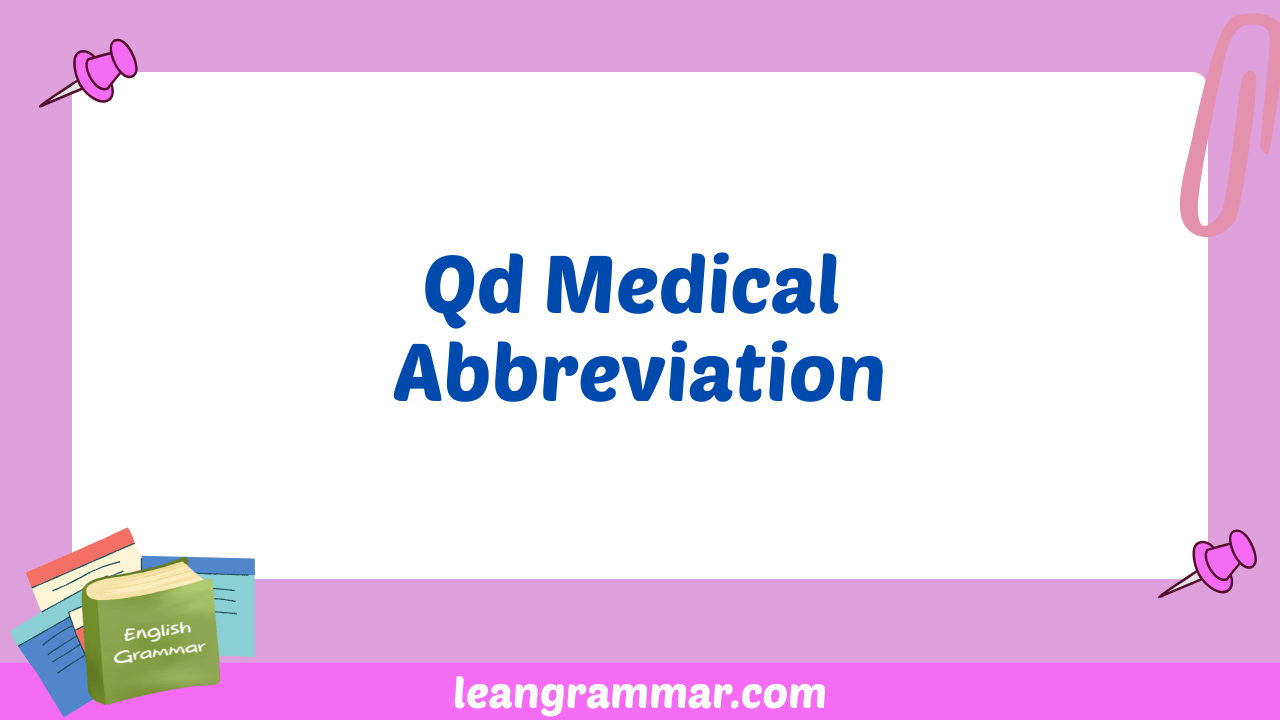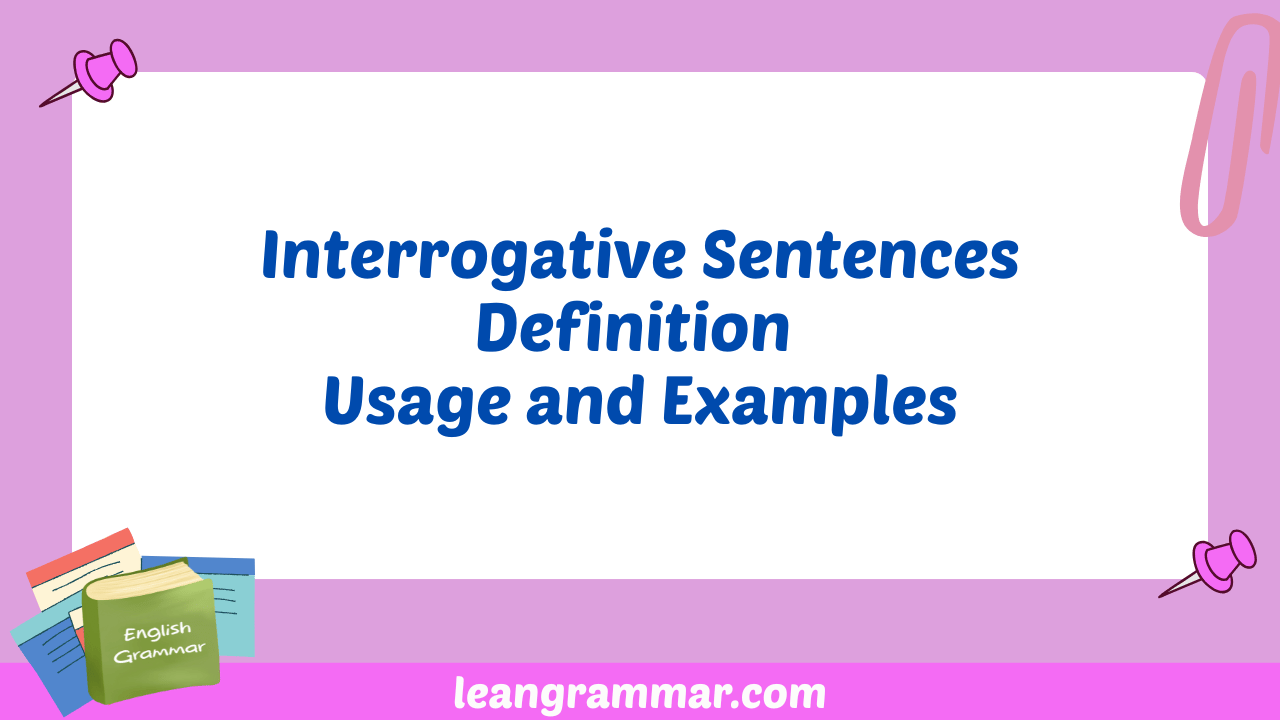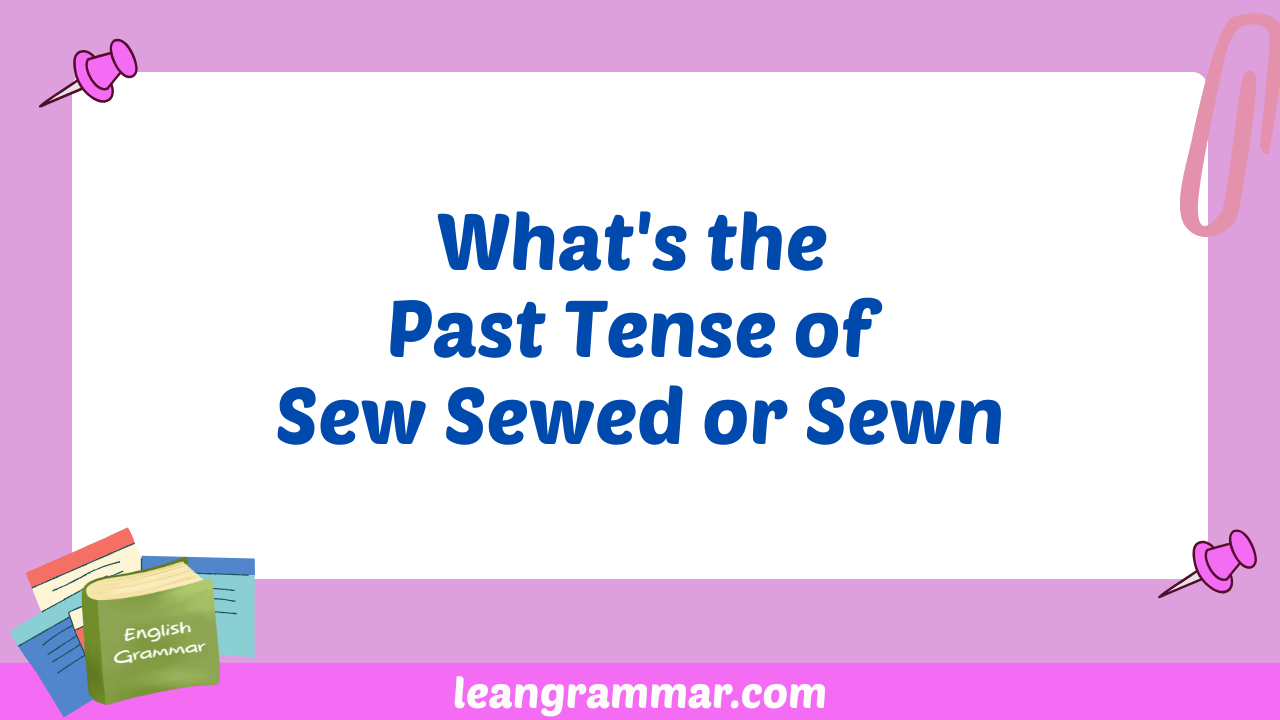Burst or Bursted: Mastering the Past Tense of “Burst”
Understanding irregular verbs can often feel like navigating a linguistic minefield, and the verb “burst” is no exception. Many English learners grapple with the correct past tense form, wondering whether to use “burst” or “bursted.” This article provides a comprehensive guide to mastering the past tense of “burst,” clarifying its usage and helping you avoid … Read more
